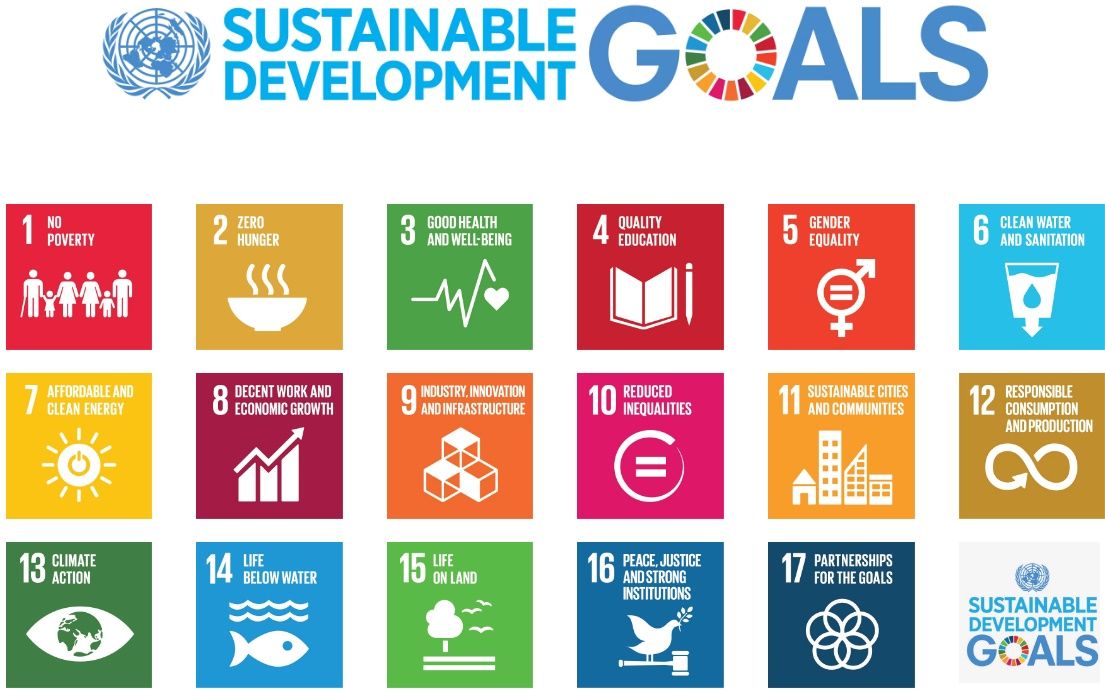In September last year, the UN pinpointed 17 new global goals aimed at making the world a better place to live looking ahead towards 2030.
Now Denmark is taking the lead by establishing a new fund aimed specifically at reaching the lofty ambitions of the 2030 target.
“We need to have a strategic approach to our development aid, so we weave the global goals into our business policy,” said the prime minister, Lars Løkke Rasmussen.
“Using development funds we can simultaneously support a sustainable development and open new markets for Danish exports.”
READ MORE: Danish delegation preparing for UN summit in New York
Investing in a viable future
The Danish government wants to establish the global goal fund in 2017 in the form of a new and innovative partnership between the Danish state, the Investment Fund for Developing Countries (IFU) and institutional investors.
The target of the fund is a capital base of 4-5 billion kroner and it is expected to contribute to investments of upwards of 30 billion kroner looking ahead towards 2023.
The investments will go towards sustainable and viable projects within climate, energy, water and sanitation, food products, health, production and service, which all generate growth, jobs and tax income in developing nations.
It is estimated that it will take up to 4.5 trillion US dollars per year to reach the 17 global goals by 2030. Currently, global development aid constitutes only about 132 billion dollars US per year.
The fund will be permitted to invest in the close to 150 nations currently categorised by the OECD as developing nations.















